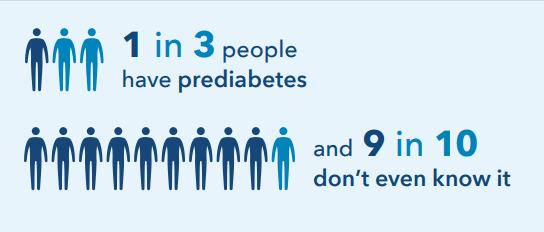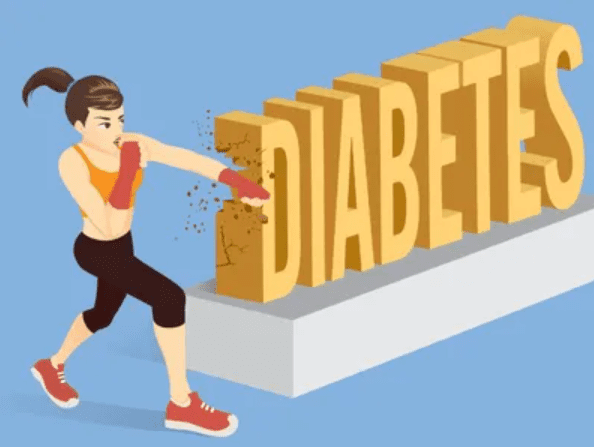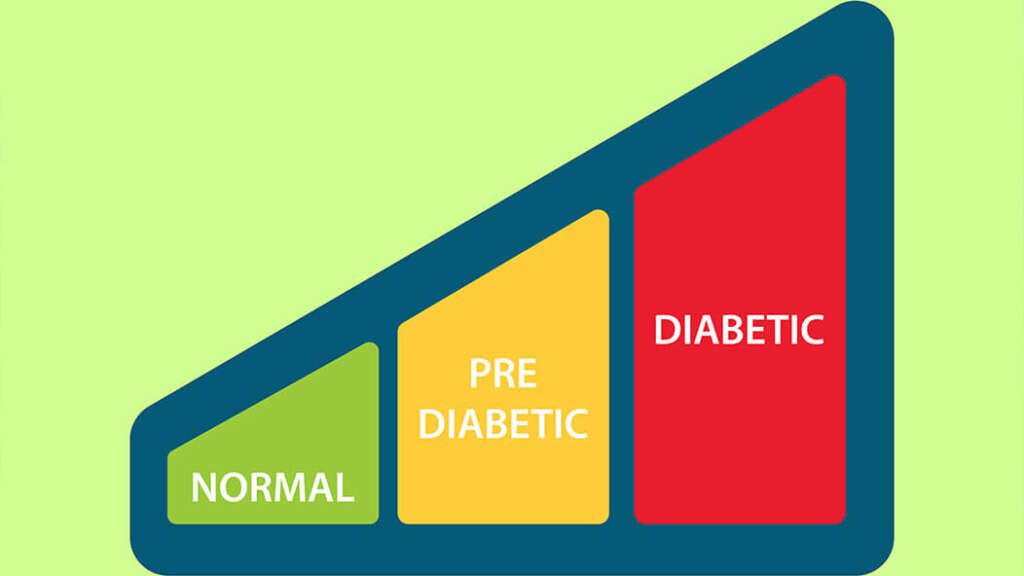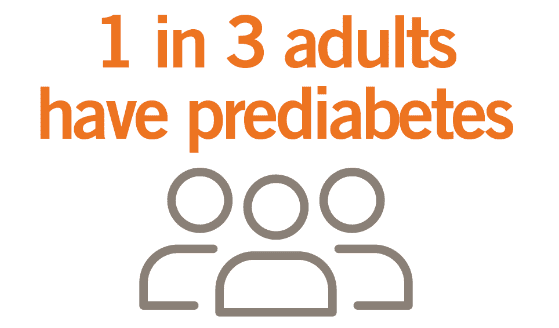Prediabetes Screening
What is the best way to screen for Prediabetes and What Can I do if I have prediabetes?
Prediabetes is a diagnosis that gives us the opportunity to avoid developing diabetes and any of the complications that accompany it. I often refer to this as a warning sign… like the red “check-engine” light that comes on when your car needs servicing. Looking at the diagnosis as an opportunity to improve our health can dramatically shift our response to a new diagnosis and the actions we take.
Diagnosis
There are multiple available tests that are used to evaluate for prediabetes and diabetes. If a blood test shows that your blood sugar is higher than normal but not high enough to be called diabetes, it is called “pre-diabetes.” The most commonly used tests are:
- One test measures glucose after fasting.
- Impaired fasting glucose consistent with pre-diabetes is between 100-125 mg/dL.
- Diabetes is diagnosed with a fasting glucose of 126 mg/dL or higher.
- Another test, Hemoglobin A1C, measures how much glucose has attached to red blood cells and provides a view of your blood sugar levels over the past three months. This test does not require fasting.
- An A1C value of 5.7 percent to 6.4 percent is classified as prediabetes.
- An A1C value of 6.5 percent or higher is consistent with diabetes.

What can I do if I have pre-diabetes?
If you have pre-diabetes, you can make lifestyle changes to lower the chance of developing diabetes. Here’s what you can do to prevent Diabetes:
- Eat a healthy diet – Try to eat a diet with lots of fruits, vegetables, and low-fat dairy products, but low in meats, sweets, and refined grains. Basic principles of healthy eating, portion control and counting carbohydrates will serve you well.
- Weight Loss- If you are overweight, trying to get to a healthy body weight can help. Losing 5 to 10 percent of your body weight can lower your risk a lot. Your doctor can help you find healthy ways to do this.
- Physical Activity: be active for 30 minutes a day – You don’t have to go to the gym or do heavy exercise to get a benefit. Activities like walking, gardening, and dancing can all help improve your health.
- Quit smoking – If you smoke, talk to your doctor about how to quit. People are much more likely to succeed if they have help when quitting.
- Consider medical interventions –You might try a medication to lower your chances of developing diabetes, especially if lifestyle changes aren’t helping enough. One drug that is often recommend in these cases for persons with prediabetes is metformin. You can discuss this option with your doctor.






